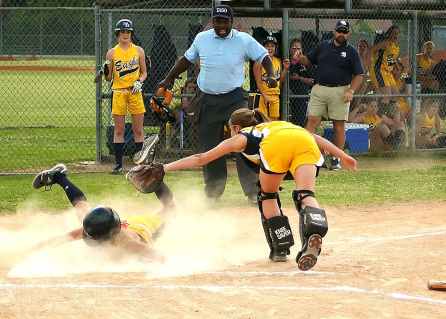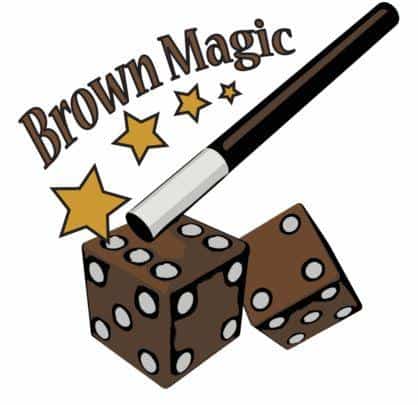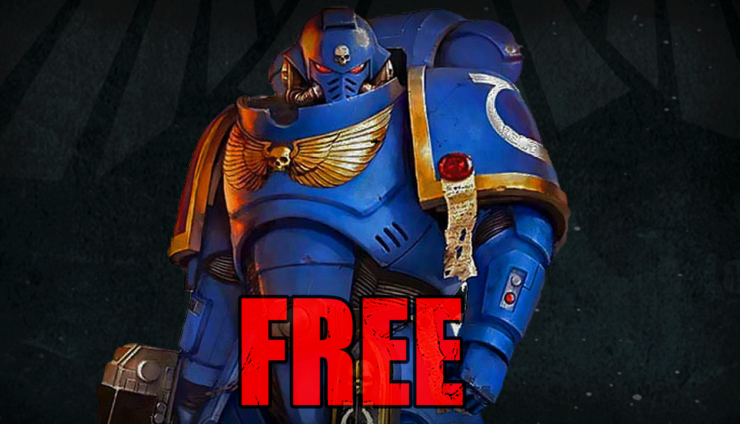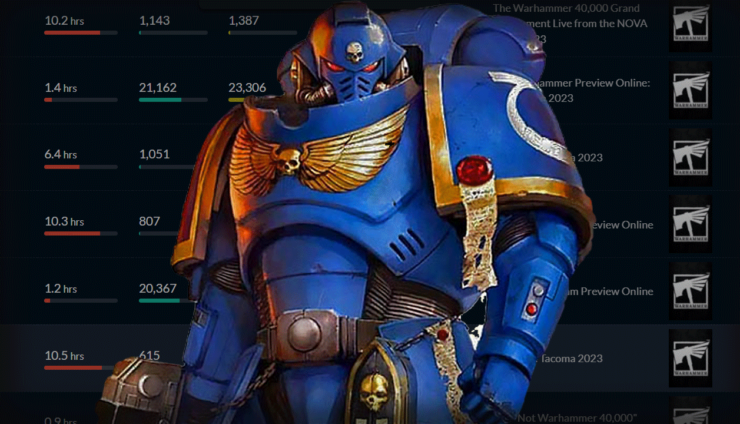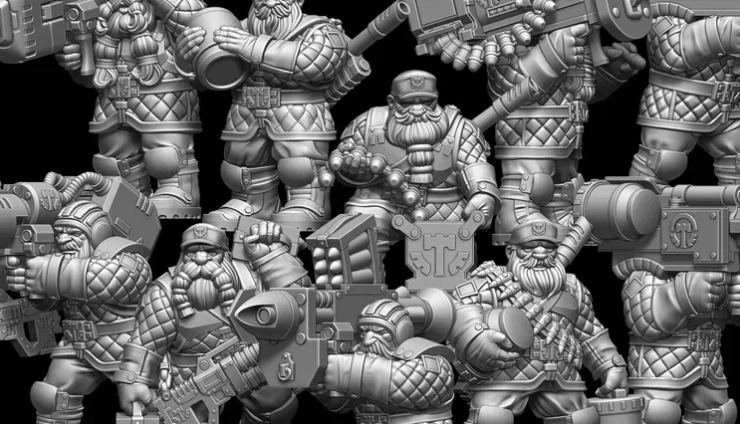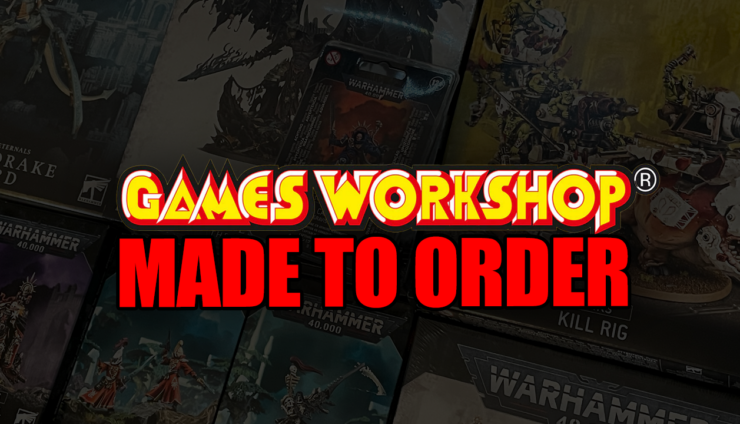Concerns over cheating in the world of 40k have sparked controversy as of late. Here are 4 things you need to know about cheating from a different perspective.
An experienced player and judge gives us his take on how to navigate the challenges presented at the player and organizational levels.
Hey everybody—my name is Justin Curtis. I’ve been rather heavily involved in the 40k tournament scene for the past 5+ years; my team has won the American Team Championships for 3 consecutive years, I was on the USA ETC 2016 team, and I had the misfortune of losing the roll to go first against Nick’s Warp Hunter list in the NOVA Invitational Finals a couple years ago.
But if you know me at all, you’re more likely to know me as a judge than a player—I’ve been involved in top-table judging at the
Adepticon Championships and Team Tournament, the NOVA Open, and numerous regional tournaments as well as having a hand in writing prior-edition FAQs for events like ETC and NOVA.
Cheating & 40k: 4 Things You Should Know
40k’s competitive environment has been growing quickly as of late—this is, generally speaking, good news for all of us—but it’s come with a downside as well. Recent events (most specifically at Vegas and London GT) have sparked some controversy over how the play is handled at top tables, with events and even specific players coming under harsh scrutiny by the wider community.
It’s time to have a discussion about the realities of play at that level, reasonable expectations for both events and players, and how to handle it when it seems those expectations have not been met.
I feel qualified to weigh in on this as I feel I’ve had a direct hand—either as a player, a judge, or an organizer—in about as many high-end, top-table, GT-level games as all but a small handful of people in our community. And the reality is, there’s an extremely large portion of our community who haven’t ever had that experience, or even directly witnessed a top-table GT finals game, and the disconnect between those two groups is growing wider as the competitive hobby gains more traction.
So, let’s shed some light on the realities of how these games and events actually work in practice.
Police Your Own Game
The first conversation you need to have in regard to controversies over top-level gameplay is regarding responsibility. Whose fault is it when something goes wrong? What if somebody “cheats”? This one has a very short answer (one many of you probably won’t like) but comes with a much longer explanation.
As a quick side note, you’ll want to notice “cheating” is covered in sarcastic quotes. What is frequently described as “cheating” in secondary discussions is, vastly more often than not, more accurately described as “playing incorrectly.” This is a very important distinction, as actual cheating is incredibly rare in tournament 40k, at least at the level we’re discussing here.
The short answer: If a rule is misplayed in your game to your detriment, it is your fault.
A more neutral phrasing (and the one I prefer) goes more like this: The primary onus of ensuring your opponent plays the game correctly is on you.
Now, we can do the much longer explanation.
First off, you are absolutely the person best suited to enforcing the rules in your own game. You’re the only person with any motivation to do so, in fact. You want to win your game, nobody else (at least from an organizational standpoint) should really care who wins. You’re the one with the most information available—as you’re directly involved in the game—and anyone else who arrives to adjudicate the situation after the fact is usually working on opinions and a possibly-altered board state. If your opponent were to “cheat,” you’re the only person directly affected in a negative manner. So, it is obviously in your best interests to “police” your own game, as it were.
Now this all sounds a bit draconian—telling people it’s their own fault they got cheated and all—but let me assure you, it’s not by design, it’s by necessity.
The realities of the tournament 40k landscape do not allow for any other mechanism to exist. Sure, in a perfect world, the Las Vegas Open would have 250 highly-trained judges standing at 250 tables enforcing strict-rules game play on all attendees.
This is not a perfect world. Such a system is impossible for any number of reasons, but for now it’s worth stopping at “impossible” and continuing on. Table side “active judging” is not a viable option for 40k on a widespread level.
Active Judging
Time for another quick vocabulary lesson—what is “active judging”? Active judging is the concept of a judge actively intervening on the table any time they observe the game being played incorrectly, to any degree.
That sounds like a good thing, right?
While this is sometimes an open conversation at an organizational or judging-staff level, the prevailing thought at most large 40k events is that active judging is not desirable. I’m absolutely in that camp as well and have always been an advocate of passive judging (or to steal a term from the Adepticon judging staff of old, “vampire judging”—we’re not allowed to go in unless we’re invited).
This means a judge only intervenes on a table if their intervention is specifically requested by a player (outside of obvious larger issues like physical/dice cheating, verbal abuse, etc etc) and, in a similar vein, agreements between the players on the table are the highest law of the event.
The primary reason for this stance is another “perfect world” issue—there just aren’t enough qualified judges to maintain an “active judging” situation on more than a table or two at any given event. I’ve always been very vocal in my opinion that there are probably about 10 people in the entire world I’d consider qualified to actively judge a top-table GT game.

And even those 10 people would make mistakes. I certainly would.
Which brings us to the more dangerous aspect of “active judging”—what happens, especially in this age of streamed and recorded games, when the judge catches the incorrect play by Player A, but misses the incorrect play by Player B? What if Player B wins because of that incorrect play? The accusations and perception of bias and negative impact on the event would be enormous.
On top of that, you’ve shifted the blame away from Player A—who had equal opportunity to call Player B out on their incorrect play—and onto a judge. A volunteer judge who gave up their opportunity to play in the event to help others out, and likely paid airfare/hotel/etc fees for the privilege.
The realities of the complexity of the game and the availability of qualified judges lead us back to the original statement—the responsibility of ensuring your opponent plays correctly is on you.
Host’s Responsibility
Now, it’s important to point out that it’s not all doom and gloom—if we’ve established that the primary responsibility for accurate play is on the players, what is the responsibility of the event? They aren’t without a role here, and there is certainly blame to be put on them when certain things are handled poorly.
The event (in my opinion) is responsible for providing you the means to confirm and enforce the rules. Primarily, this means judges, but also an accurate rules packet, well-written missions, and in previous editions even things like event-FAQs.
If you say “hey, I think you’re playing that rule wrong” and the other guy says “no I’m not,” you’ve reached the point where you need intervention from the event. That’s what judges are for. By notifying a judge, the players have met their burden of responsibility—this is where the line ends for them.
The event will, hopefully, have at least a small handful of qualified judges available to assist in coming to a correct ruling. Again, this is not always a perfect process, and incorrect rulings are sometimes given—if given frequently, the event absolutely should be held accountable for the quality of those rulings. We all hear horror stories of local/regional tournaments where some guy said Space Marines all have Fly and can move 18” and a judge agreed with him, but luckily those sorts of things are relatively rare at the large tournaments. The judging staffs at the big 3 event teams (FLG, NOVA, Adepticon) are pretty seasoned veterans at this point and have core groups of people who are incredibly knowledgeable in the rules, and are always immediately available on the floor for rulings as necessary.
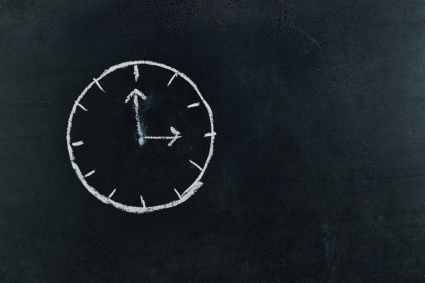
Speed
There’s a secondary element worth discussing here, which is speed. The judges aren’t just responsible for attempting to get you a correct ruling, they’re responsible for doing so in a time frame that is not overly harmful to the gameplay experience. If you’ve ever had an actual hard-rules conversation with citations and precedent and the inherent vagueness of the 40k ruleset, you know these things aren’t always a speedy process. But a tournament game can actually be harmed far more by a lengthy ruling than by an incorrect one—if the judges take so long to get you an answer that you only get to play 2 turns, it wasn’t worth the effort. With that in mind, floor rulings do sometimes have to sacrifice accuracy for brevity which is a possible source of incorrect rulings.
The overarching theme of what I’m explaining here is that 40k is an incredibly complicated game, especially when you start trying to dissect it down to the level necessary for competitive play and everybody is going to make mistakes in their games. I hold the opinion that a full-length, rules-perfect game of tournament 40k has never been played.
What I’m attempting to give insight to are the problems involved in dealing with that complexity, from both an organizational and player standpoint. There are no perfect solutions, and mistakes will continue to be made. What I’ve outlined above is our best shot at trying to handle those mistakes as they occur.
With that, there must also come some level of acceptance for those mistakes. Until we find the means to police away all possible misplay from our games, the two concepts go hand in hand.

This is what we have been losing recently, for various reasons, and it’s what needs to be addressed as much as anything.
Suddenly, with the rise of streamed and recorded games, and an anonymous internet to consume them—every mistake made by every player is “cheating,” and every seemingly minor infraction is evidence of a grand conspiracy. There’s a situation currently unfolding with Alex Harrison’s game at the London GT which reeks of these issues.
As a disclaimer, it’s worth pointing out that I do not know Alex well—I’ve met him once or twice at larger GTs, and never been directly involved in his games as far as I’m aware.
The first issue is a rules mistake, a misplay regarding For the Greater Good and Hammerheads. Again, to describe this as “cheating” is both disrespectful to Alex and incredibly presumptuous on the part of anyone pretending they’ve never made a similar mistake (which is incredibly easy to do on Twitch chat or in the comments of a Facebook post).
What amazed me as a judge is they were actually presented with the opportunity to correct this mistake directly. That’s an incredibly rare luxury. Under normal circumstances, the game would have progressed beyond the ability to do anything beyond playing the rule correctly in the remaining turns.
But due to a scheduling issue with the venue, the game was stopped shortly afterwards and finished at a later time, which allowed them to actually roll back the misplay and resolve the rule correctly. This cannot be expected under normal tournament conditions but was interesting given the situation.
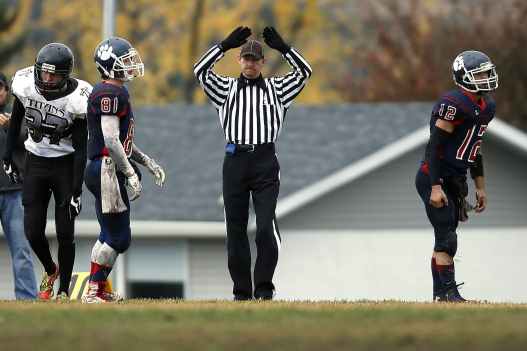
This is the downside, mentioned earlier, of the sudden growth of 40k’s competitive hobby. Suddenly, everything is held under a microscope by people who either do not have (or choose to ignore) the context for the scenarios they are choosing to pass judgment on, and with no compulsion not to do so, as they’re simply that—spectators. This is sometimes discussed in professional sports as “the right of the fan,” the right to boo the players and harass the umpire because you paid for your seat and they’re professionals who should be held to a higher standard, right? Except these aren’t professionals.
You didn’t pay for your seat. You’re not booing the umpire at the World Series, you’re the slightly-too-involved uncle making a scene at a Little League baseball game
You’re expecting 40k tournament players to be held to a standard that the other players don’t even hold them to. As noted, if Geoff had issues with Alex’s play during the game, he would have notified the staff, as is his responsibility. In the cases of mechanical misplays, this is how the situations were resolved, apparently to both players’ satisfaction.
Why is it, then, that anonymous internet onlookers should be outraged if the opposing player was not? And the fact is, top-level 40k tournament players know this to be the truth, because they know that they themselves make these same mistakes, so it would be hypocritical to jump all over someone else for doing so. As a judge, I don’t have top-level players come up to me after an event and tell me they lost because someone “cheated.” They tell me they lost because they forgot how a rule worked. They understand where the responsibility for these matters lies and act accordingly.
Now, for those out there shaking their head thinking I’m coming off as a hand-waving apologist, I’d like to put out the following:
Find an absolute stranger approximately equivalent to your skill level in 40k. Bet them a reasonably large sum of money on a single game. Agree to play on a strict time limit, in a crowded venue, surrounded by noise and people.
Then, record video of you playing this game. Put it on the internet for all to judge. To frame-by-frame dissect every move you make, every rules assumption, every measurement and mechanic.
If your game does not have 90% of the same problems as Alex and Geoff’s game, then congratulations, you’re playing at a much higher level than the rest of us.
Until then, I want you to consider every tournament game you’ve ever played. Think about every time you and your opponent disagreed on whether that knocked-over wound counter was on a 6 or a 4. Think about every time a model fell off a ruin and was put back in a slightly different spot. Think about the rule you misplayed, and didn’t realize until you were reading the Codex again two weeks later. Every time you didn’t play perfect 40k.
Then think about how different things would be if there was a recording, and it turns the wound counter was a 4. And that there are pictures to prove that model wasn’t at that spot on the ruin. And the guy at home with the Codex on his lap knows you played that rule wrong immediately.
The purpose of all this isn’t to label anyone as a cheater or abolish them of any misdoings, it was just to shed some light and give some real perspective on an aspect of the hobby which about 90% of people understand almost nothing about.
But remember, the real take away from all this is to do your homework before watching TV and always eat your vegetables.
-Justin Curtis- The 2nd Best Daemon Player
What are your thoughts on cheating in 40k? Let us know in the comments!





